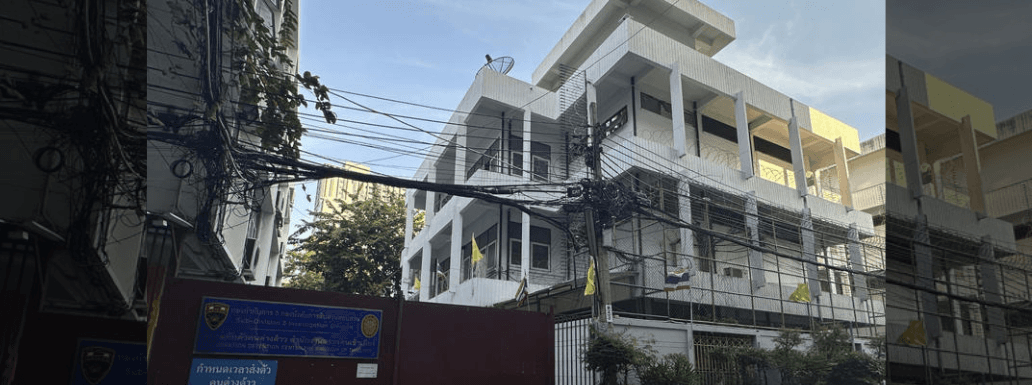Friday 2 January 2026
Thailand’s Imminent Uyghur Deportation Stirs Global Concern
Share

Reports suggest Thailand is preparing to deport dozens of Uyghur refugees back to China, raising alarm among human rights advocates. The Uyghur community, a predominantly Muslim ethnic group from Chinas Xinjiang region, faces severe persecution under Beijings policies. Allegations ofgenocide and crimes against humanityhave been levied against China, making the prospect of deportation particularly harrowing for these refugees.
In Bangkoks Immigration Detention Centre (IDC), dozens of Uyghur men, detained for over a decade, have entered the second week of a hunger strike. They began their protest on January 10, two days after being presented with voluntary return forms for deportation to China. When the detainees understood the implications of these forms, they refused to sign them. Despite their refusal, they were photographeda procedural step that preceded a similar deportation of 109 Uyghurs in 2015.
The Thai government denies any immediate plans to deport the detainees, but human rights organizations warn that such action could occur at any time. Previous deportations have led to grim outcomes; many of the 2015 deportees reportedly faced secret trials and long prison sentences in China, where they were transported hooded and handcuffed under heavy Chinese security.
The Uyghurs conditions in Thailands IDC have been described asa hell on earth.Located in central Bangkok, the IDC houses about 900 detainees in overcrowded and unsanitary conditions. Uyghur detainees, numbering 43, are isolated from other inmates and live with restricted access to visitors, legal counsel, or even sunlight. Five detainees have died in custody, and others suffer the psychological toll of indefinite detention coupled with the looming threat of deportation.
Thailands treatment of Uyghur refugees appears influenced by its strategic ties with China. Despite international criticism, Thailand has consistently prioritized its economic and political relationship with Beijing. China has reportedly pressured Thailand to return Uyghur refugees, and Bangkoks compliance aligns with its broader goal of deepening ties with the rising superpower.
This stance comes at a cost. Thailand recently secured a seat on theUN Human Rights Council, an achievement undermined by its potential deportation of Uyghurs. Such an act would tarnish the governments international reputation and contradict its stated commitment to human rights.
The international community has voiced concern over the Uyghurs plight. Human rights defenders, alongside Uyghur advocacy groups, have urged Thailand to allow the detainees to reunite with their families in Turkey. However, Thailands refusal to consider this optionreportedly under Chinese pressureleaves the Uyghurs in a precarious position.
The United Nations Refugee Agency (UNHCR) has faced criticism for its limited involvement, citing lack of access to the detainees. Meanwhile, the U.S. and other nations have previously condemned Thailands deportations, though shifting geopolitical dynamics may affect the extent of such interventions.
Thailands2015 deportation of Uyghurshad far-reaching consequences. A month after the deportation, a bomb exploded at Bangkoks Erawan Shrine, killing 20 people. While authorities downplayed any connection to Uyghur militants, two Uyghur men were charged. The ongoing trialshrouded in secrecyhas left many questions unanswered.
The current detaineeshunger strikeunderscores the desperation of individuals facing a return to persecution. Their resistance is a poignant reminder of the stakes involved and the moral imperative for Thailand to reevaluate its stance.
The Thai government must recognize the severe risks Uyghur refugees face upon deportation. As a member of the UN Human Rights Council, Thailand is obligated to uphold human rights standards. Accommodating Chinas demands at the expense of vulnerable individuals safety would set a dangerous precedent.
Newsletter
Stay up to date with all the latest News that affects you in politics, finance and more.